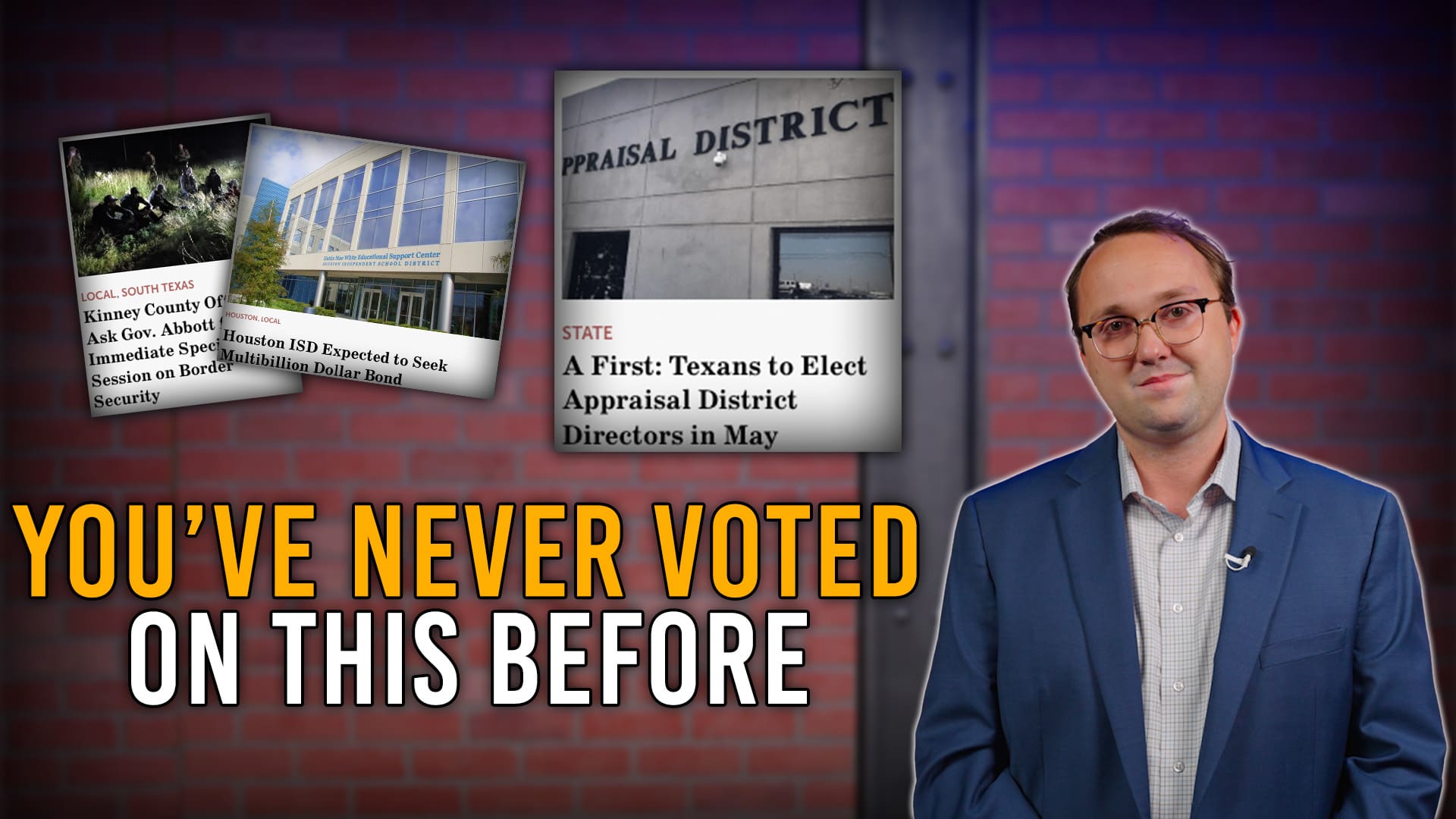As free speech opponents in the Lone Star State push forward in efforts to impose new restrictions on outspoken conservative groups, their liberal allies in California are being rolled back.
Last week California Secretary of State Kamala Harris lost her fight in a Federal District Court to force Americans for Prosperity to produce a list of its donors.
After a full trial on the merits, Federal District Judge Manuel Real, an L.B.J. appointee, found that the State of California could not justify its policy forcing Americans for Prosperity to hand over its IRS Form 990 Schedule B, which identifies the group’s donors, to the secretary of state.
The judgment was based on the U.S. Supreme Court’s 1958 ruling in NAACP v. Alabama in which the Court shut down Alabama’s efforts to force the NAACP to disclose its member and donor lists. The Alabama policy was designed to allow groups like the KKK to intimidate the NAACP’s white donors into silence.
The Court found that the California Secretary of State could not maintain the privacy of the records, and that disclosure of the donors’ identities could lead to them being harassed in silence. That would have a negative impact on the donors and AFP’s rights to freedom of association, the Court ruled.
“[A]lthough the Attorney General correctly points out that such abuses are not as violent or pervasive as those encountered in NAACP v. Alabama or other cases from that era,” Judge Real wrote, “this Court is not prepared to wait until an AFP opponent carries out one of the numerous death threats made against its members.”
There has been a concerted effort by establishment Republicans working in concert with liberal groups to try to enact a California-style policy in Texas as a means to harass and intimidate grassroots conservative groups. The Texas Ethics Commission has engaged in unconstitutional rule making to this effect, and State Rep. Byron Cook (R–Corsicana), a top ally of House Speaker Joe Straus (R–San Antonio), has pushed legislation on the topic.
Last session, Cook hijacked Gov. Abbott’s landmark ethics reform legislation, turning the bill on its head so that instead of shedding light on elected officials, it invaded the privacy of citizens’ groups.
After the session, Abbott called Cook’s amendments to the bill unconstitutional. Cook apparently now agrees, and has vowed to file a constitutional amendment next session in order to enact his unconstitutional policy.
Fortunately, as the Federal District Court ruled in California, the First Amendment to the United States Constitution protects the privacy of donors to civic groups. Cook may well file an amendment to gut the free speech protections out of the Texas Constitution, but he has no power as a state representative to repeal the First Amendment as well.




